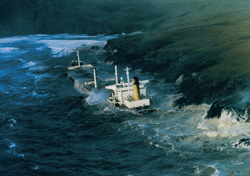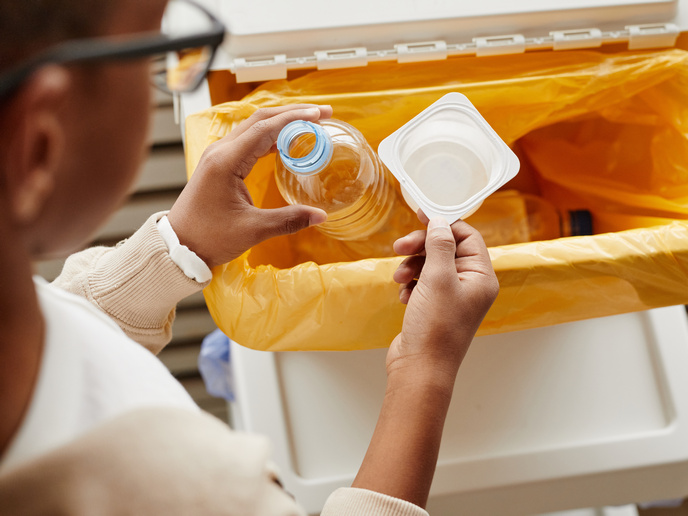Minimising the pollution risks from oil spills at sea
The sinking of the oil tanker Prestige in 2002 brought with it thousands of kilometres of polluted coastline in Spain, France and Portugal. This disaster came only three years after a similar tragedy involving the Erika off the Bay of Biscay. In response to this, the 'Pollution prevention and control - Safe transportation of hazardous goods by tankers' (POP&C) project focused research on prevention and mitigation though ship design and operation for both existing and new tankers. Damage inflicted when a tanker fails to preserve its integrity is dependent on many factors. The POP&C team therefore divided the research programme into discrete sections to cover all eventualities of risk and mitigation of the effects of any oil spill. Critical hazards such as collision, structural failure and loss of stability were identified and ranked. Next, the consequences of pollution were estimated within a risk-based framework. Risk reduction was assessed by preventive measures and post-accident mitigation. Control measures include decision support tools, human-machine interfaces and safe refuge, an important step in assisting those involved in incidents. Safe refuge – an appropriate place to moor – can be important in providing a situation where the right decisions can be made at the right time. The outcomes of the risk analysis have been very positive. The most critical accident scenarios were identified and used as representative situations throughout the research. POP&C also developed an oil outflow tool for cases of damage and grounding to calculate the probable amount of oil released. A series of case studies evaluating the Aframax type of tanker showed that use of POP&C risk-reduction methods could lower risks in the order of 35 %. Project researchers also assessed generic decision support tools and found that they are useful in reducing the severity of pollution from Aframax vessels. POP&C project methods and recommendations can reduce the damage in oil pollution incidents by improving the design, operation and regulation of tankers. Europe's requirement for oil imported by shipping is not declining and it is crucial therefore to safeguard the environment against accidents that involve oil tankers at every level.







